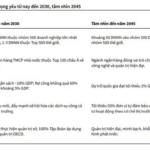The Vietnam Automobile Manufacturers’ Association (VAMA) began detailing hybrid vehicle sales in 2024, revealing impressive growth with nearly 10,000 units sold that year.
In 2025, the hybrid car segment continued its upward trajectory, with VAMA members selling 8,414 units in the first eight months—an 83% increase compared to the same period in 2024, nearly matching the previous year’s total of 9,866.
Actual hybrid sales across the market may be higher, as some Chinese brands like Jaecoo, Haval, and BYD, along with luxury marques such as Lexus, Volvo, Mercedes-Benz, and BMW, do not disclose detailed hybrid sales figures.
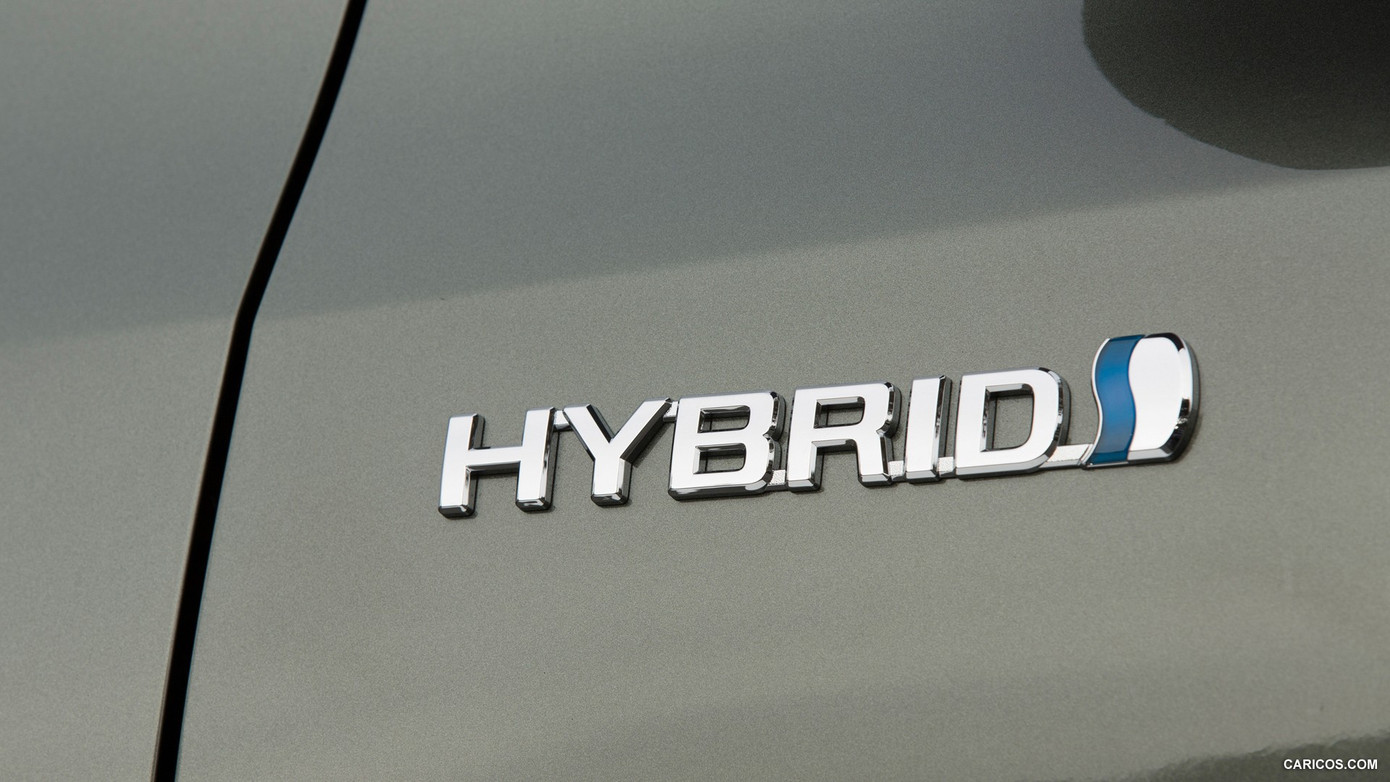
This growth is fueled by the shift toward eco-friendly transportation and an expanding range of hybrid models from manufacturers.
In 2023, the market offered limited options like the Toyota Corolla Cross and Camry hybrids. By 2025, Vietnam’s hybrid lineup has diversified across segments.
Toyota leads the hybrid adoption in Vietnam with six models—Yaris Cross, Corolla Cross, Corolla Altis, Innova Cross, Camry, and Alphard—spanning from compact urban vehicles to premium MPVs. The Japanese brand dominates with 4,907 hybrid sales, capturing over 58% of VAMA’s hybrid market.
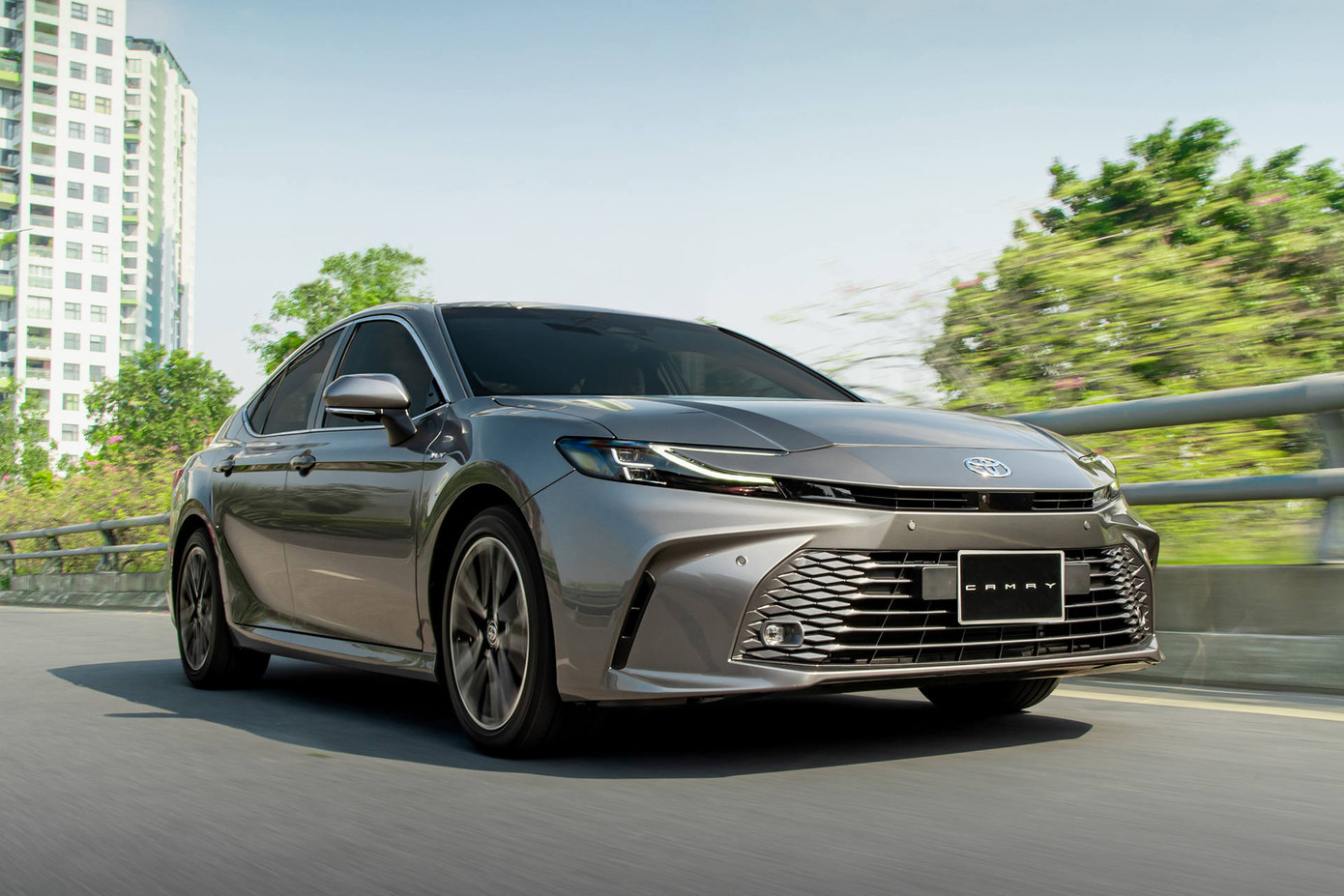
The new Toyota Camry features two-thirds hybrid variants.
Honda is also expanding its eco-friendly lineup with hybrid versions of the CR-V, Civic, and HR-V. Suzuki, after discontinuing the Ertiga Hybrid, introduced the XL7 and Swift with mild-hybrid technology.
Among Korean brands, Hyundai previously offered the Santa Fe Hybrid, while Kia tested the market with the Sorento HEV/PHEV, though both models are from older generations. Chinese brands like Omoda & Jaecoo, Haval, GWM, and BYD have also entered the hybrid segment.
Next month, Vietnam’s hybrid market anticipates the arrival of the Suzuki Fronx, an Indonesia-imported compact urban SUV.
In Indonesia, the Fronx’s higher trims feature a 1.5 mild-hybrid engine. If introduced in Vietnam, it will be the first hybrid in the compact SUV segment, further diversifying the country’s hybrid offerings.
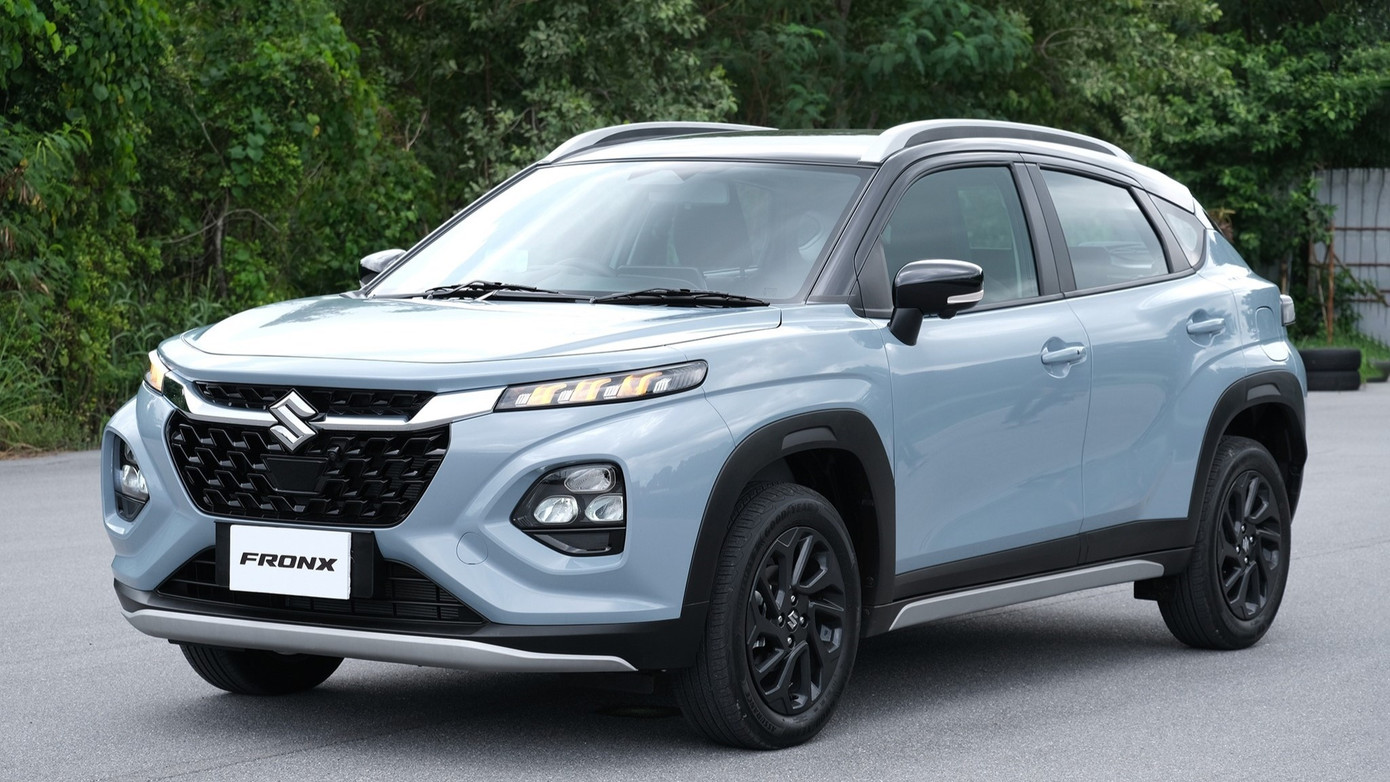
The increasing variety of hybrid models, with diverse pricing, designs, and segments, broadens their appeal to consumers, offering more tailored choices.
This expansion reflects manufacturers’ confidence in the potential of hybrid vehicles in Vietnam.
Under the revised Special Consumption Tax Law, effective January 1, 2026, gasoline-electric hybrids, gasoline-biofuel vehicles (with gasoline comprising no more than 70% of energy use), and natural gas vehicles will be taxed at 70% of the standard rate for conventional vehicles.
This means hybrids will be taxed at 70% of the rate for traditional internal combustion engines, eliminating the previous distinction between self-charging (HEV) and plug-in hybrids (PHEV). Previously, HEV buyers faced a 35-150% tax based on engine displacement, similar to traditional vehicles.
This benefits the hybrid market, as most current models are HEVs. Reduced taxes will lower prices, decreasing registration fees and making hybrids more affordable for consumers.
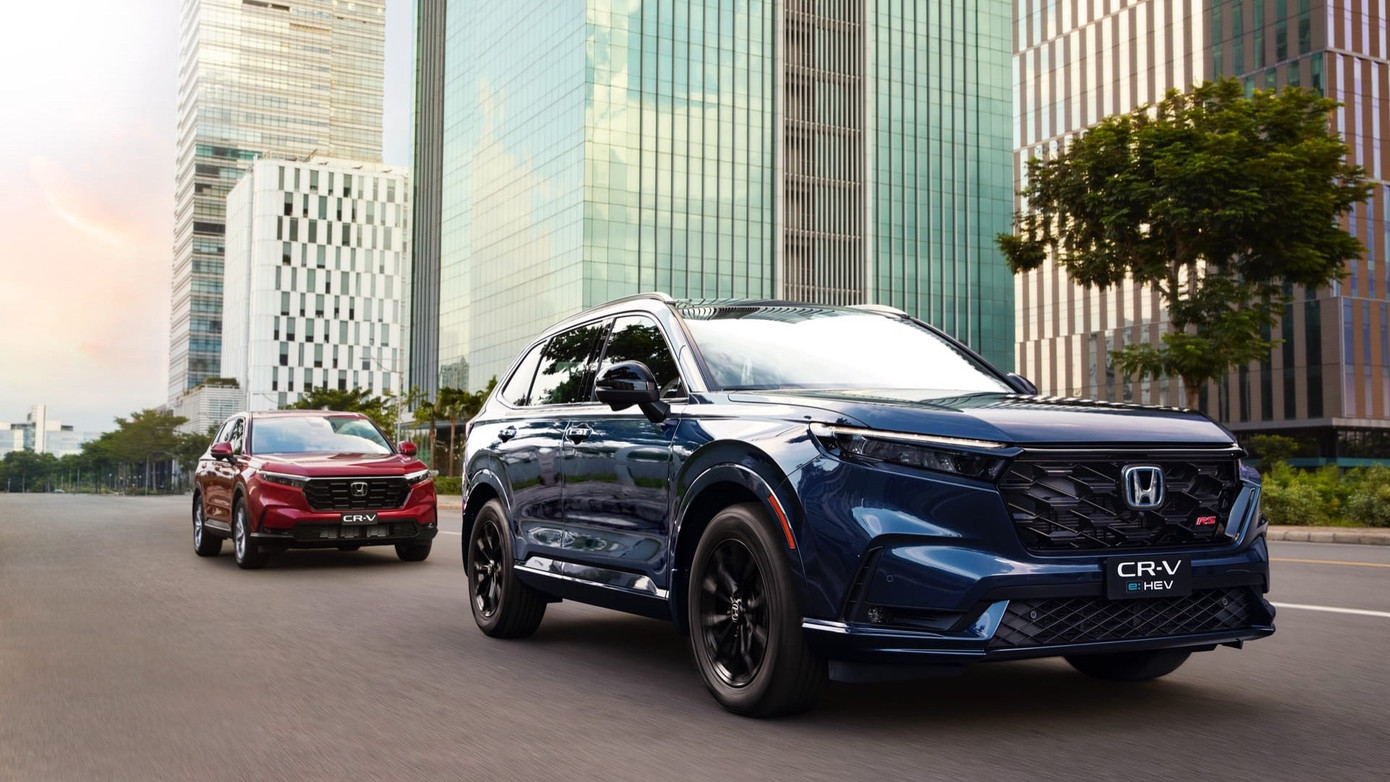
Special consumption tax incentives will make hybrid vehicles (HEVs) more accessible.
While the law awaits implementing regulations, tax incentives are expected to encourage hybrid adoption, reducing emissions and supporting Vietnam’s Net Zero commitment.
VAMA estimates that hybrids produced from 2026 to 2030 could cut CO2 emissions by over 2.6 million tons, saving the equivalent of 333 billion VND in carbon credits.





